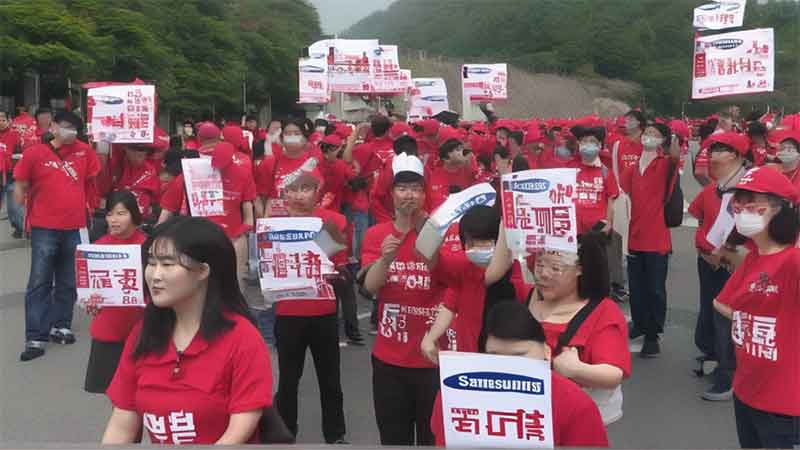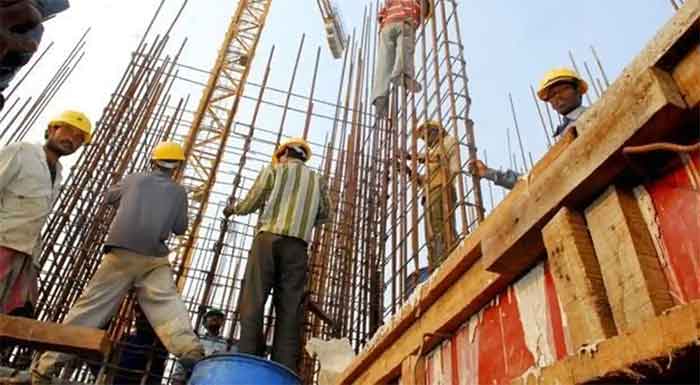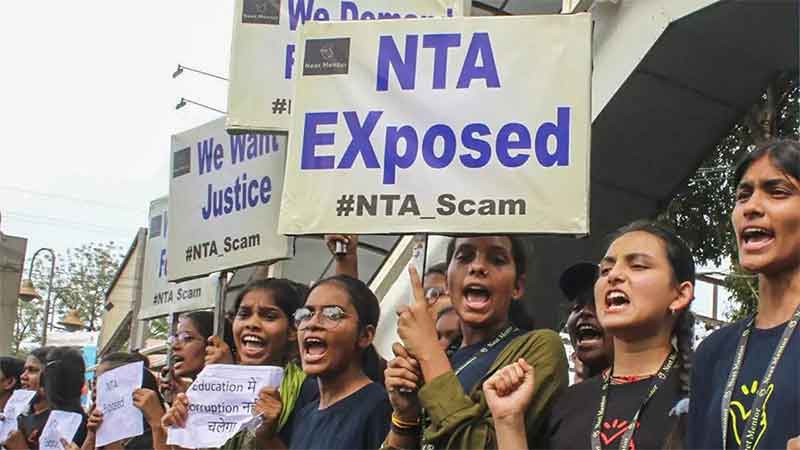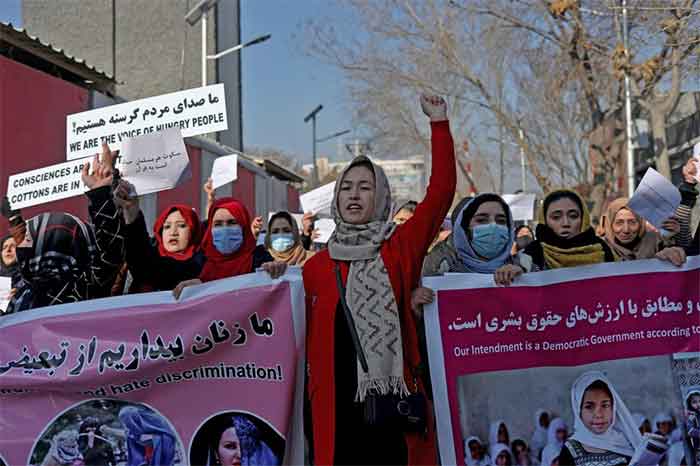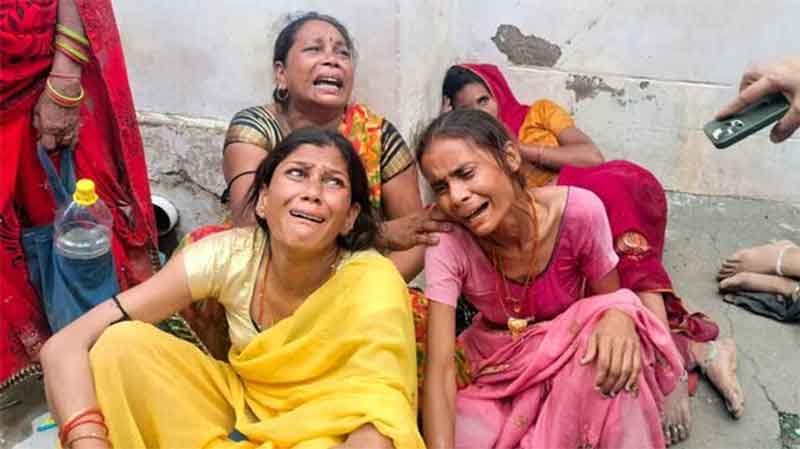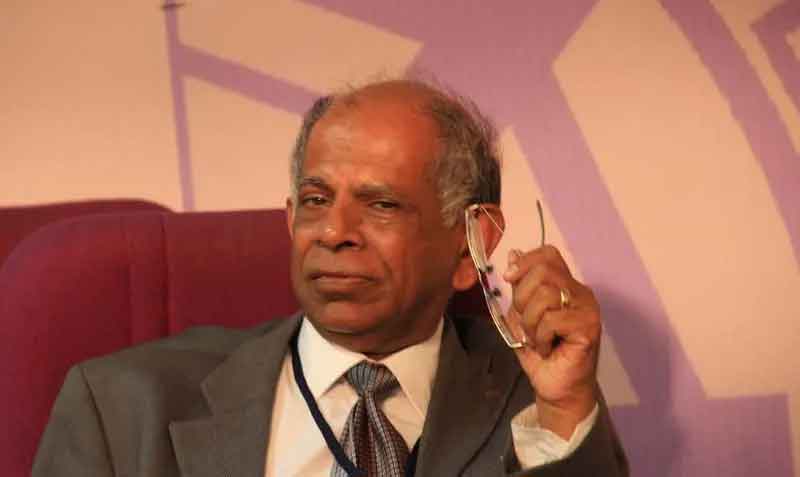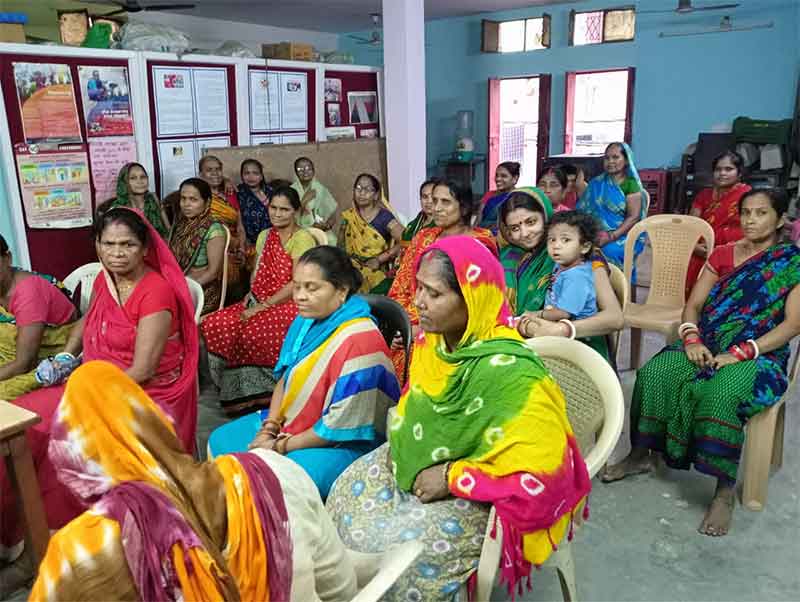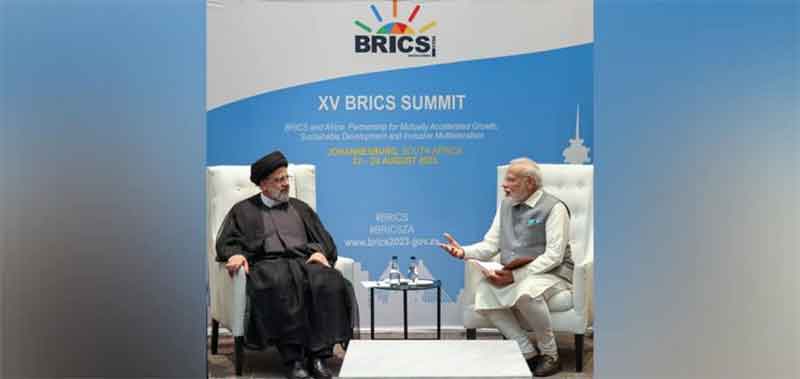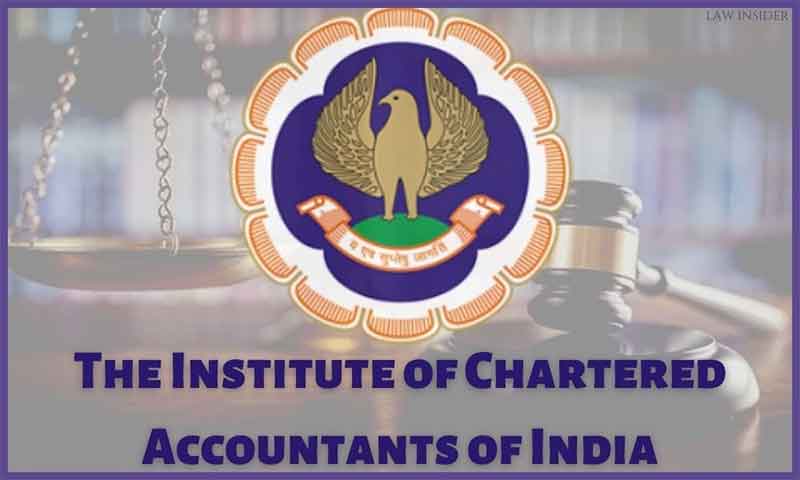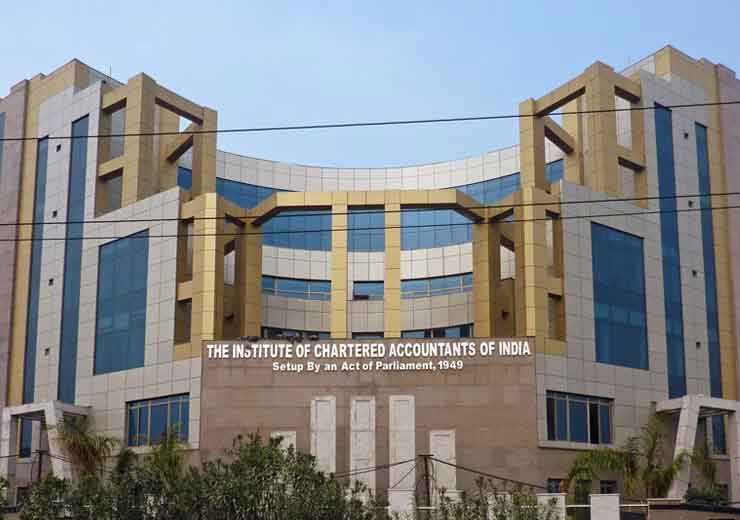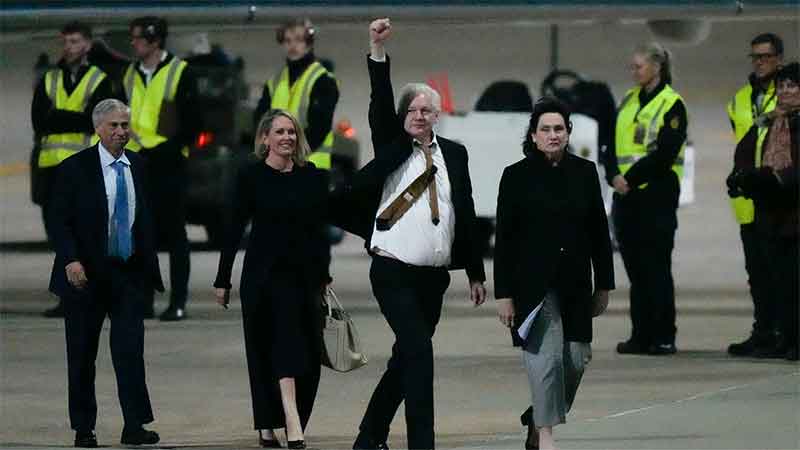
At present, 95 percent of the workers in the country work in the unorganized sector. During the Corona epidemic, everyone had seen the plight of these workers closely and it also became a national issue. At that time, the e-Shram portal was created after the order of the Supreme Court. It includes farm and rural labourers, MNREGA, construction, domestic workers, vehicle drivers, porters, paladars, rickshaw pullers, weavers and workers in cottage and small industries including chikankari, Anganwadi workers, Asha workers, workers working in mid-day meal, brick kiln, mining etc. These are the workers who do not come under the purview of EPF and ESI. About 28 crore such labourers in the country have been registered on the e-Shram portal. In Uttar Pradesh, this number is 8 crore 30 lakh. Despite the Supreme Court’s instructions for the social security of these labourers, the government has not done anything yet. The situation is that for the social security of such unorganized workers, a social security law was made by the Parliament in 2008, which is still waiting to be implemented. 93 percent of these workers are running their family’s livelihood on less than 10 thousand rupees per month. Apart from this, in the organized sector, there are many contractual or outsourcing workers, who are also running their livelihood on meagre wages. In Uttar Pradesh, due to the lack of wage revision of minimum wages for the last five years, the wages of workers are very low and, in this inflation, it has become very difficult to run the family’s livelihood.
Just on 20 June, Sumita Dawra, Secretary of the Ministry of Labor and Employment of the Government of India, held a meeting in Delhi with Labor Secretaries and Labor Commissioners of all the states and union territories across the country. As reported, in this meeting, the Central Government has directed all the states regarding the implementation of 4 Labour Codes made by abolishing 29 labour laws. States have been asked to make rules in their states in accordance with the Labour Codes made by the Centre. There are states and union territories like West Bengal, Tamil Nadu, Meghalaya, Nagaland, Lakshadweep, Sikkim, Andaman Nicobar and Delhi which have not yet made a complete rule book. The recent report of the government’s V.V. Giri National Labor Institute states that the rules made by many states are against the basic spirit of the Labour Codes and their rules made by the Central Government. Therefore, they have to be changed and made in accordance with the Centre. The central government is engaged in implementing these codes passed by the Parliament in 2020 as soon as possible. The central government has also kept it in the 100-day agenda and task.
In these new Labor Codes that have been made, there is a clear provision that 12 hours of work will be introduced. Due to this, workers working in about 33 percent of industries will be compulsorily laid off. Not only this, after 12 hours of work, the workers will have to work for about 17-18 hours for their daily chores. Due to this, their physical condition will also be adversely affected and at a very young age they will have to suffer from many diseases like blood pressure, sugar, hypertension, tuberculosis. It has been provided in these Labor Codes that floor level wages will be introduced in place of the current minimum wages. This means that the minimum wages fixed for food and clothes for a family of four units which includes husband-wife and two children will also be reduced and floor level wages will be fixed. Due to which the life of a labourer who somehow manages the livelihood of his family in this severe inflation will become very difficult.
In the 33 years of implementation of new economic and industrial policy, the contract system has assumed a huge form in the entire country. From the Parliament of the country to factories and even in the professional field of teachers, doctors, engineers, nurses, computer operators etc., the contract system is being implemented. The only purpose of this system is to carry out a terrible loot of labour force. The work which was done by paying more wages than a permanent worker and ensuring his life security, the same work is being done at very low wages under the contract system. In the new labour code, fixed term employment, which is even worse than this contract system, has been introduced. This means that the workers will be employed for some period and they will not have the facilities like EPF, ESI, bonus, pension, gratuity etc. in such work. The ban on getting the work of permanent nature done through contract system, which was in place since the Contract Labour Act 1970, has been abolished in the codes. Even the provision of equal pay for equal work has been removed.
The provisions in the Labour Codes to form a board and implement a scheme for the social security of workers working in unorganised sectors like construction, bidi, mining etc., are also under threat. The enforcement powers of the labour department have been changed to facilitators. Naturally, the role of the labour department will be to facilitate the facilities of the employers. Many legal hurdles have been created in the Labour Codes for workers to go on strike etc. Forming a trade union will also become extremely difficult and it will become easy to cancel the registration of registered unions. An example of how the government and its institutions are making the path easy for the owners and corporate houses is in front of us. As soon as it came to power, the government has changed the rules of EPF and has reduced the amount of penalty imposed on the owners who do not deposit EPF.
In fact, the new Labor Codes that the government has brought for the immense profits of domestic and foreign corporate houses will bring about a radical change in the life and social security, working conditions, salary etc. of the working class working in the country. Due to which the already increasing unemployment will increase further. Not only this, this path will also create major industrial unrest in the country. Because the role of Labor Law and Labor Department was very important in establishing industrial peace. Overall, the path on which the Modi government is moving forward is the path of primitive accumulation of capital. This is sure to lead to the destruction of the workers. Due to these policies, the working class will be forced to live a life of modern slavery by turning from human beings to objects.
To protect the lives of workers, this path will have to be changed today. The government has to ensure the share of the working class in the resources. In fact, today the per capita income in the country is Rs 1 lakh 70 thousand per annum. But 93 percent of the working-class families of the country survive on less than Rs 10 thousand per month. Whereas the country’s treasury is filled by the taxes of the common people. According to the PIB report, 97.6 percent of the tax on GST and petroleum products is paid by 90 percent of the poor and middle class of the country. At the same time, 10 percent of the upper class of the country pays 2.4 percent only in tax. That is, out of the total amount of Rs 27,48,718 crore received, 90 percent of the Rs 26,82,748 crore is paid by the common man and the upper class contributes only Rs 65,969 crore. Out of the money received from the common man, the government spends only Rs 5 lakh crore on social security sectors like MNREGA, free ration, education-health etc. Clearly, a large part of the country’s income is being usurped by corporate houses. This has increased inequality in the country on a large scale. According to the report of the World Inequality Lab, the inequality that exists at this time is even more than the inequality that arose in 1922 and the top 10 percent of people have 65 percent of the country’s wealth and 57 percent of the income. Therefore, in the coming times, the working class will have to prepare itself for a major political initiative for social and life security, abolition of the anti-worker new Labour Codes, protection of democratic rights and share in country’s income and resources.
Dinkar Kapoor, President, UP Workers Front


